Get to know 1-844-284-8333 Microsot security warning
1-844-284-8333 warning claiming ‘your computer has been infected and blocked’ is designed to cause distress and help the swindlers to sell computer users questionable service or low-quality products. This tech scam from gamesonline.firstyouplay.com or other similar pages is powered by an unwanted adware or risky program infiltrating your computer system. It usually disguises as an official warning from Microsoft support or resembles the layout of the BSOD. It is so annoying 1-844-284-8333 warning cuts in your rotation and prevents normal surfing repeatedly.
To play its trick, the adware bundled with 1-844-284-8333 alert modifies your browser settings and activates bad java script codes to cause webpage occupation and screen lock frequently. You should know that Microsoft does not ask for computer users’ any information to fix their computers via sending unsolicited email messages or making unsolicited phone calls. This technical scam is used for evil purposes – to deceive innocent and inexperienced computer users into contacting the swindlers, who are ready to charge in many different ways.
* Never be fooled by this alert with unsolicited phone number 1-844-284-8333 and act irrationally.
* Never call or allow those people pretending to be certified to access your computer via remote connection.
* To avoid potential damage, you need to take action for technician scam removal speedily. You could try the following steps if necessary.
STEP 1: Remove 1-844-284-8333 Ad from Your Windows
STEP 2: Reset your browser to get rid of 1-844-284-8333 Pop-up
STEP 3: Remove 1-844-284-8333 Warning Automatically
STEP 1: Remove 1-844-284-8333 Ad from Your Windows
In this step, you need to locate and uninstall scam related or any other malicious program installed stealthily.
On Windows 10/8:
- Right-click the Start button (or Open Win+X Power menu), tap on Control Panel
- click Uninstall a program, right-click on the program that you want to remove from your Windows and then click Uninstall button.
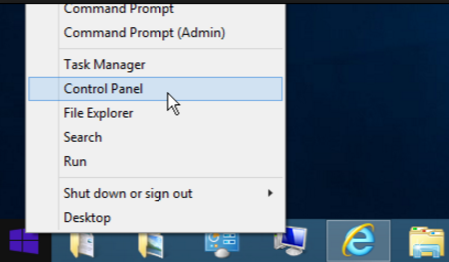
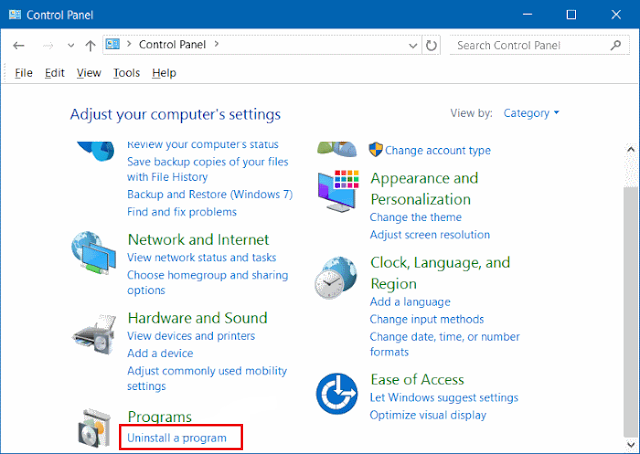
Click on Start >> Control Panel >> Programs; locate any suspicious program and Uninstall it
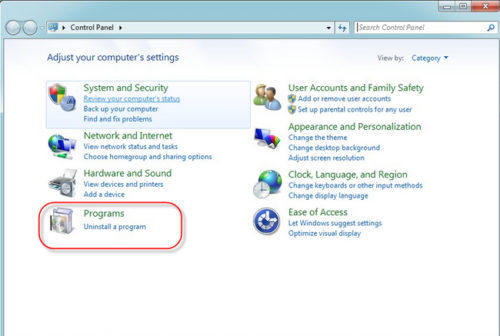
STEP 2: Reset your browser settings to get rid of 1-844-284-8333 Pop-up
Google Chrome:
Click the Chrome menu on the browser toolbar and select Settings:
a) Scroll down to the bottom of chrome://settings/ page and click Show advanced settings
b) Scroll down to the bottom once again and click Reset Settings
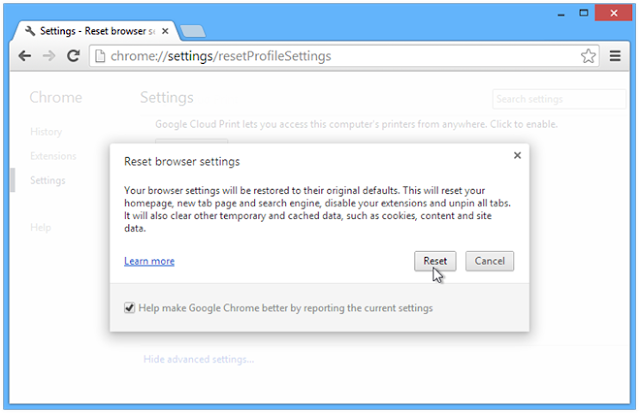
Internet Explorer:
a) Click Start, click Run, in the opened window type "inetcpl.cpl".
b) Click "Advanced" tab, then click Reset.
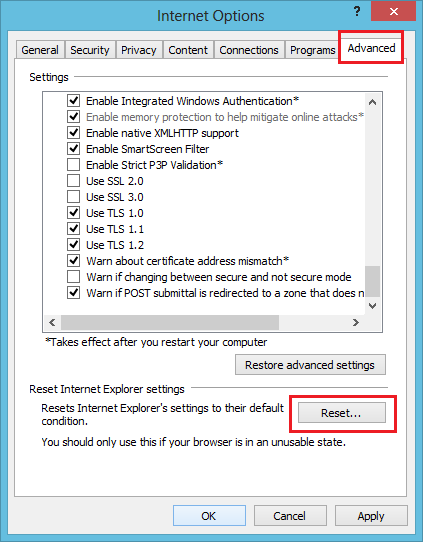
Mozilla FireFox:
Open Firefox->> choose Help ->>choose Troubleshooting information
a) Click on Reset Firefox. Choose Reset Firefox again to make sure that you want to reset the browser to its initial state.
b) Click Finish button when you get the Import Complete window.
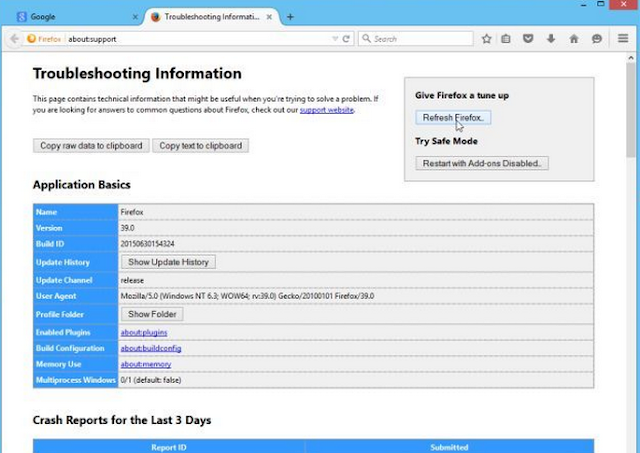
Edge:
a) Click the three horizontal dots in the upper right corner of the Edge window and choose "Settings". b) Under Clear browsing data, click "Choose what to clear" and then click "Show more". c) There are a lot of data types here. Select them all and click "Clear".
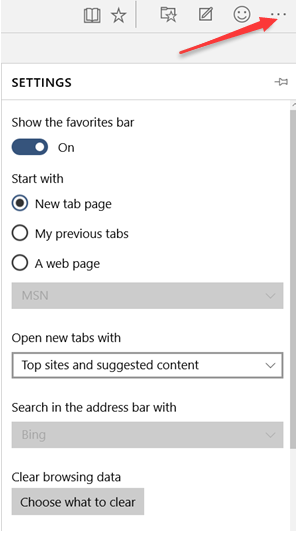
If you fail to locate the malware from the list of your Programs, you could think about getting a removal tool for help.
STEP 3: Remove 1-844-284-8333 Scam Automatically with SpyHunter
SpyHunter will not only protect your PC from the latest malware attacks by detecting and removing all traces of threats (including worms, Trojans, rootkits, rogues, spyware, and more) with industry-leading technology, but also provide technical support and custom fixes for hard-to-kill malware.
a) Click the icon below to download and install the free scanner SpyHunter


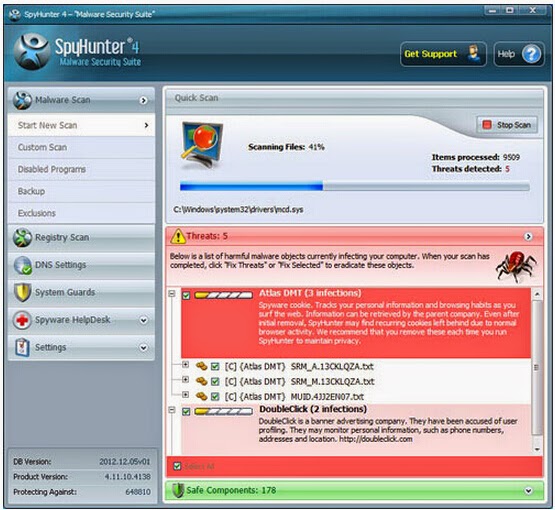
c) Once the program finishes scanning, you could consider registering for a paid version SpyHunter to completely fix this scam issue.
Specially Remind:
Your computer should be free from 1-844-284-8333 Fake Microsoft warning now. Since experienced skills are always required during manual removal, we recommend that you keep malware security suite - SpyHunter installed on your system and perform regular computer scans, just in case.

No comments:
Post a Comment